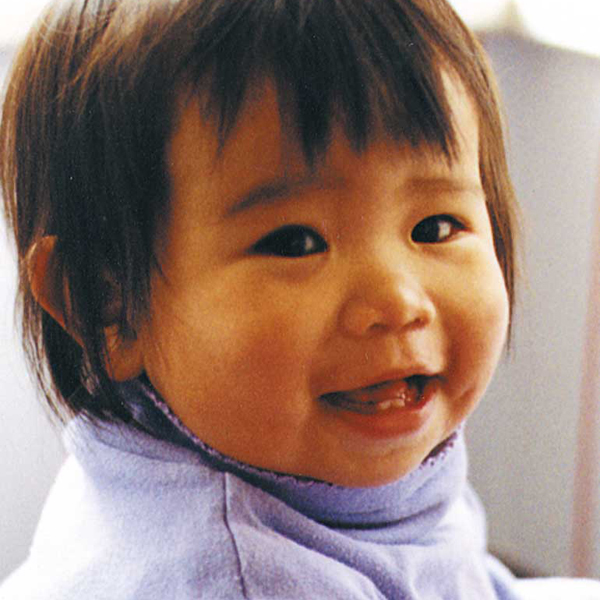In the excitement of adopting an infant or toddler, obtaining the child’s medical history may not seem like a high priority. After all, the child has been alive for such a short time; how much information can there be?
Medical Histories and Early Learning
The explosion of new information on early brain development tells us that the first two or three years of a child’s life are critical in establishing the patterns of nerve connections that will be the basis for all of the child’s later learning. If adverse risks factors are known at the time of adoption, parents, physicians and educators can direct their efforts to try to ameliorate the effects. Thus, we know that children who are diagnosed with language delays early do far better than children diagnosed at later ages. This is not to say that a child past the age of three years is beyond hope.
Accessing Information
Accessing medical information for the very young child is easier the closer you are to the time of birth. Newborn records are sometimes contained entirely within the mother’s medical record or may be filed under the mother’s name and otherwise inaccessible. Pregnancy and delivery are stressful periods; memory of those events may be quickly lost or altered. Access to birth parents and other relatives may become more difficult or impossible over time. Records may not even exist for children adopted from foster care or from overseas. For those children, whatever information can be obtained from the most recent caregiver may be the best and only data ever available about the child’s life.
What to Ask For
What information should you ask for? Be realistic; not everything will be available. And some things can’t be available. For example, it’s unlikely that the birth parents are old enough to have developed all the medical problems that might affect them as adults. Parents often ask about genetic evaluation when indicators suggest an inherited or acquired syndrome. Genetics testing to determine risk of adult onset diseases such as Huntington’s chorea or breast cancer is not appropriate merely for the purpose of an adoption evaluation. Finally, remember that evaluating medical records for a very young child is really a risk assessment process. If your child has experienced less than optimal conditions for growth and development, prenatally or after birth, you can be better prepared to help him or her. If your child has had optimal care, obtaining information while it is most easily accessible is still a good idea.





